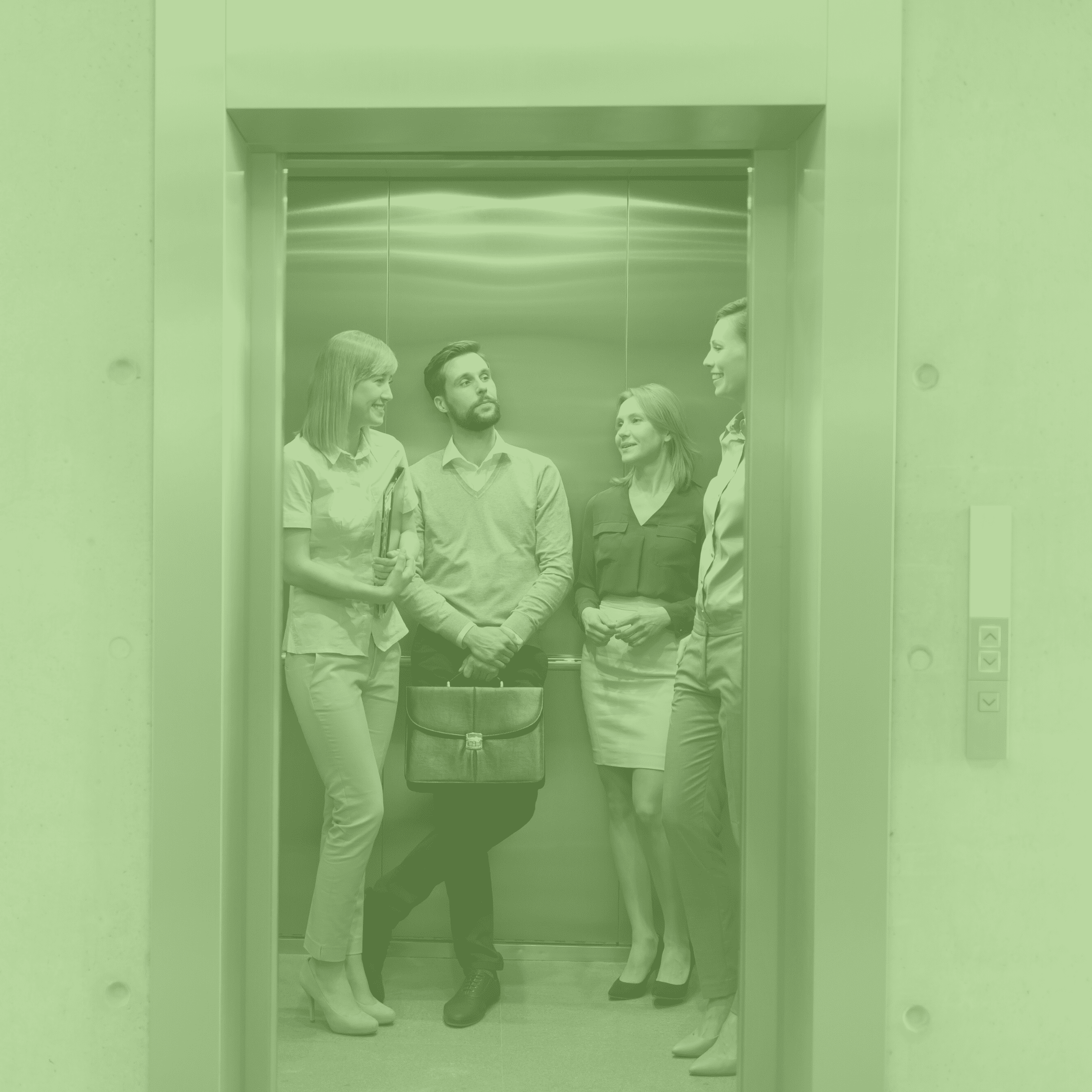How coffee can help us understand why people buy stuff

Why do people really buy your products? I’ve been thinking a lot lately about why people buy stuff and I’ve found that our own relationship with coffee can help us understand this seemingly simple question.
My relationship with coffee has changed through my life. It began with tins of Nescafe and evolved over decades to me becoming a Melbourne coffee snob with increasingly specific coffee requirements. These days my perfect coffee must be made of fair trade beans, be not too strong, but not too weak, and it must be made of a specific brand of soy milk – otherwise, just don’t bother.
About 10 years ago, I bought an expensive home espresso coffee machine, reasoning that, in the long run, I’d be able to save money with no longer buying takeaway coffees. I used it for one week. I then returned to buying coffees at my favourite coffee shop, from my favourite barista who knew my name. The machine got dusty and was eventually donated.
Why am I talking about the history of my coffee drinking? Because our relationship with coffee gives us insights into the Jobs To Be Done theory. The theory is that customers “hire” products or services to get jobs done. If we want to identify opportunities for growth, we need to step back and, instead of focusing on the product or service, ask ourselves: “what job is that product or service doing for customers?” This approach seeks to understand WHY customers buy products or use specific services in a particular circumstance. The jobs may be functional, emotional or social.
In my coffee journey, the expensive espresso coffee machine whilst fulfilling a functional job (it could make adequate coffee), was unable to fulfil the social job I also wanted done, which is what the coffee shop provided – the human interaction. This is why the espresso machine lost out – it could only fulfil the functional job, but the coffee shop could fulfil both jobs, functional and social.
Fast forward to today and I recognise that coffee fulfils two different jobs in my life, in two different circumstances. Today, I’m far more particular in how I like my coffee. In the morning, I make a coffee with my beloved, inexpensive, Moka pot, which gives me full control of making my perfect coffee – with the right strength and the right soy milk, consistently, along with fair trade beans – therefore fulfilling a functional job and an emotional job as I make the world better with each purchase of ethically-sourced beans.
After lunch, I step out of the office, often with a friend, and purchase a coffee from the local coffee shop that’s close by. I enjoy the interaction with the barista, who is always so friendly and knows my name. I take my coffee, find the perfect spot to sit, and drink it slowly while chatting to my friend. Although the coffee often fails to meet my own Moka pot quality standards, that’s ok, because in this moment, the coffee is fulfilling a different job – a social one, it’s all about the experience.
In this same way, we need to think about our own customers in terms of what jobs they want to get done with our products or services. Traditionally, we might think of our customers and segment by product, or other ways, but if you had to segment coffee drinkers, where would I fit? Twenty years ago, I was a home brewer with Nescafe, ten years ago, I was exclusively a coffee shop goer, but today, I’m BOTH a home brew lover AND coffee shop goer, depending on the circumstance I’m in and the job that coffee is doing for me at that moment in time – functional, emotional or social.
This highlights that if we’re trying to market our products or services, we need to think about our customers in terms of what job they want to get done with our product or service, whilst also being aware that under different circumstances, our customers may be trying to fulfil different jobs with the same product, and these may even change over time, in a similar way to my changing relationship with coffee.
Have a great rest of your week!
Linda


